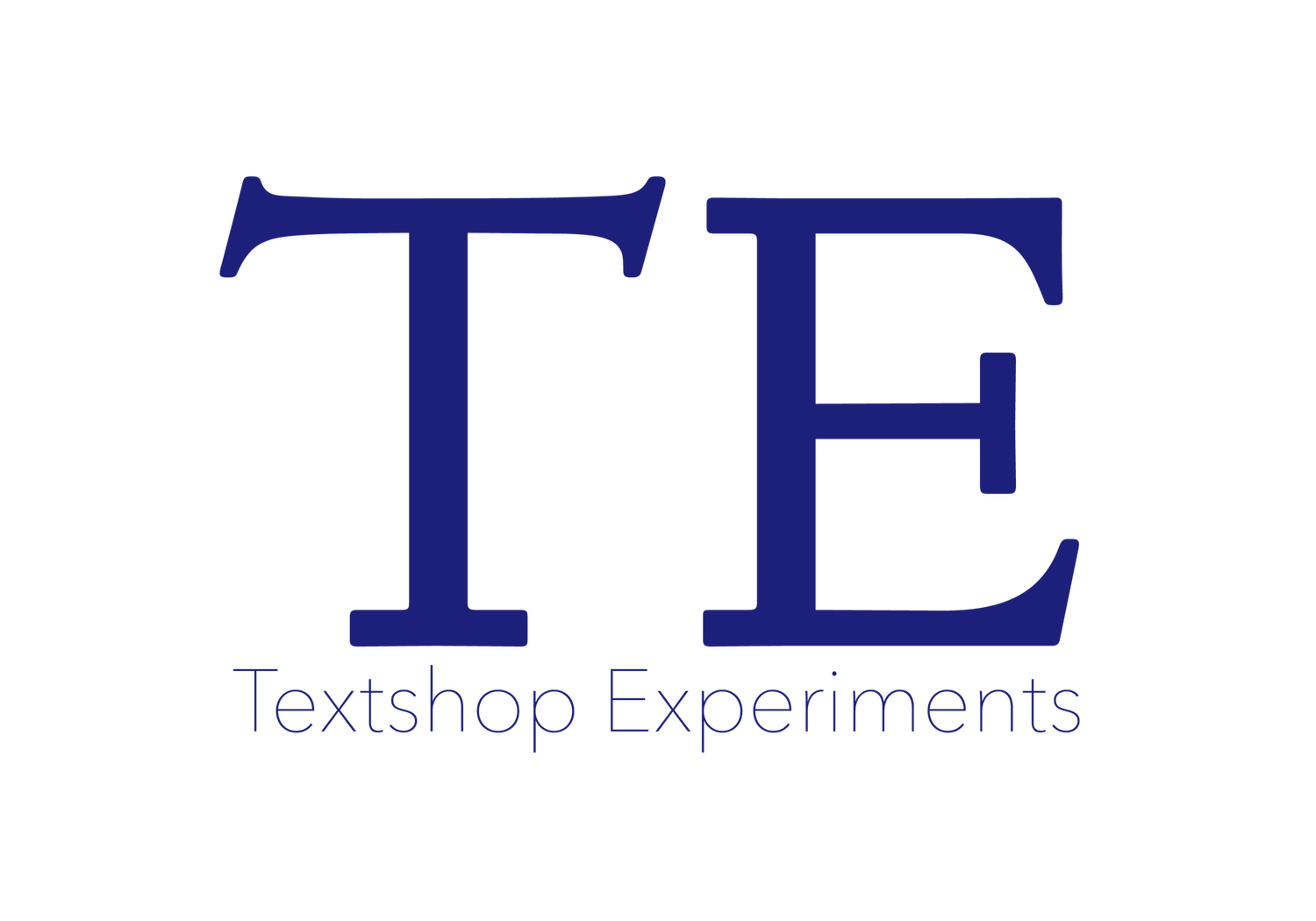Creative Coronarchive
Maureen McVeigh Trainor
Maureen McVeigh teaches Creative Writing and Composition at West Chester University and has taught for the University of New Orleans MFA program in Cork, Ireland. She earned an MFA from Rosemont College and MA from West Chester University. Her essays and short stories recently appeared in Sonder Midwest, Cold Noon, Mothers Always Write, Flash Fiction Magazine and Calyx. She won second place in the Devil’s Party Press Spring 2019 Anthology. She was a runner-up in the Philadelphia City Paper fiction writing contest.
Assignment: Creative Coronarchive
“You’re not eavesdropping, you’re gathering inspiration,” I tell my creative writing students. But even the most dedicated dystopian fiction writers weren’t prepared for the COVID-19 crisis and their responses to it. Their inspiration seeking was suddenly shrunk exponentially while simultaneously expanded in unexpected ways. They could only socialize with family or roommates, while also witnessing people and places around the world through the news and social media. As a way to help them manage, document, and reflect on this (hopefully) unique time in their lives, I created this archive assignment after our university moved to remote instruction.
What We Learned
The assignment was developed in response to the pandemic and students struggling to continue to be creative in isolation. One of our original assignments was a Daily Creative Writing notebook, in which students responded to prompts, developed their stories and poems, or recorded inspiration. This archive built on the goals of the notebook, one of which is to maintain a constant creative practice and be observant for ideas everywhere.
Students who enroll in a creative writing workshop are usually open to sharing their work and responding to the work of others, since this is the nature of workshop. I found, though, that my First Year Writing students were equally as interested in this project. They yearned for some interaction after so much had been cancelled. I was reminded of the value of peer exchange as a pedagogical tool.
I also learned the need to adapt quickly to individual circumstances. As an educator, no matter how thought out our syllabus, no matter how previously effective our assignments, students live in the current world, not the one in which we created those plans. We need to respond, within reason, to their world.
In addition, as a teacher of writing, I try to practice what I preach. As a new assignment, I couldn’t say I’d done it before and did not need to do it again, so I kept an archive alongside my students, not just as a good habit, but to understand their successes and struggles with what I assign. This has never been more important than since we were all ripped from our schedules, expectations, and even complacency. As the world adjusts, language and art has helped us process these extraordinary times for the world and our individual experiences. This assignment reinforced, for me and my students, the value of what we do as creatives.
As writers, many students chose to create their archive. A number of them are multi-talented and not only writers but musicians, artists, and actors who used a combination of these creative forces to collect inspiration. Others developed a physical archive of items associated with the virus and humanity’s varied responses to it. A student who struggled with her emotional responses wrote a post-it note everyday documenting an accomplishment, joke, or inspirational quote. She attached them to her bedroom mirror to see them every morning. One grocery store employee collected memes focusing on the dark humor of suddenly being considered an essential worker. Another student wrote daily haiku about isolation and its impacts. The responses were as varied as the students.
A secondary part of the assignment was answering whether and how they might like to exhibit or share their archive in the future. As our institution considers a return to campus, it seems unlikely we will arrange an in-person conference or symposium, but every student who completed the assignment expressed an interest in somehow sharing their archive, in-person or online, and observing those created by their peers. The chance to not only display and observe, but also deepen their responses and reflections was exciting, especially as they sat at home, socially distant and often isolated. I hope to facilitate this exhibition next semester in whatever format I can. I have discussed it with other colleagues who assigned quarantine and covid-related work in the English and Theater departments and hope to partner with the Art Department’s Creatives in Quarantine project. In this case, due to the forced isolation, I found ways to connect with other disciplines in the College of Arts and Humanities. This interdisciplinary approach reflects both College goals and student experiences as many of them are enrolled across several areas of study. I hope to replicate this even after the pandemic recedes.
*To navigate, please click on the “Click to read" button for full-screen viewing. Also, you may download the document as a PDF here:



